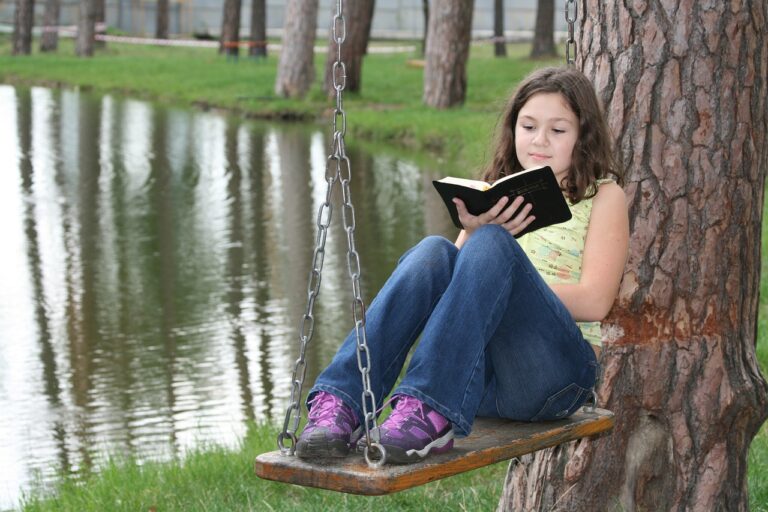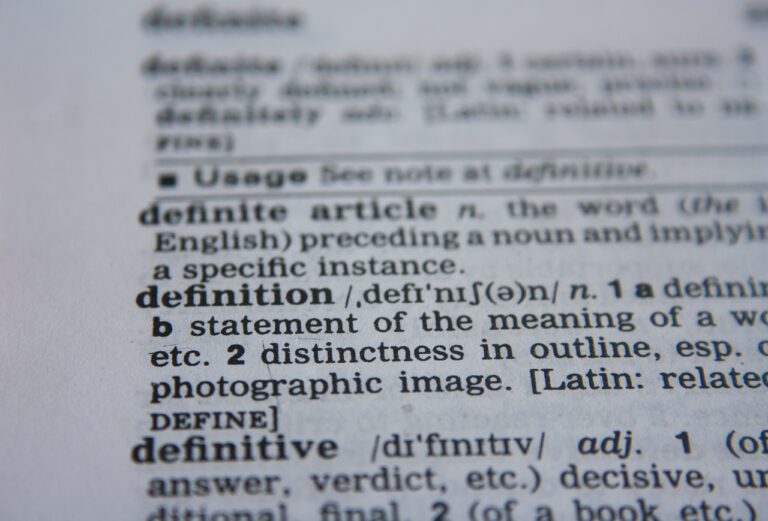E-Learning for Sustainable Water Conservation: Efficient Water Use Education
lotus book 365, play exchange 99, all panel.com: In today’s rapidly changing world, sustainable water conservation is more critical than ever. With growing populations and increasing demands on our water resources, it is essential for everyone to do their part in using water efficiently. E-learning provides an innovative and effective way to educate individuals on the importance of water conservation and how they can make a difference in their daily lives.
Why E-Learning?
E-learning offers a convenient and accessible way for individuals to learn about sustainable water conservation. With the rise of technology and the internet, people can access educational materials from anywhere at any time. This flexibility makes it easier for busy individuals to fit learning into their schedules, whether they are students, professionals, or parents.
Efficient Water Use Education
Efficient water use education is crucial in promoting sustainable water conservation. By learning about the importance of water conservation, individuals can make informed choices about how they use water in their daily lives. E-learning courses can cover topics such as the water cycle, water scarcity, water pollution, and water-saving techniques. By providing engaging and interactive content, e-learning can help individuals retain information and inspire them to take action.
Benefits of E-Learning for Sustainable Water Conservation
There are several benefits to using e-learning for sustainable water conservation education. Some of these benefits include:
1. Accessibility: E-learning courses can be accessed from anywhere with an internet connection, making it easy for individuals to learn at their own pace.
2. Cost-effective: E-learning eliminates the need for travel and traditional classroom materials, saving money and resources.
3. Interactive learning: E-learning platforms can incorporate videos, quizzes, and simulations to engage learners and enhance their understanding of the material.
4. Real-world applications: E-learning can provide practical tips and strategies for individuals to implement in their daily lives to conserve water.
5. Monitoring and tracking progress: E-learning platforms can track a learner’s progress and provide feedback to help them improve their knowledge and skills.
By harnessing the power of e-learning, we can educate individuals on the importance of sustainable water conservation and empower them to make a positive impact on the environment.
FAQs
1. How can I access e-learning courses on sustainable water conservation?
You can access e-learning courses on sustainable water conservation through online platforms such as Coursera, Udemy, or your local environmental organization’s website.
2. What are some simple ways to conserve water in my daily life?
Some simple ways to conserve water in your daily life include fixing leaky faucets, taking shorter showers, and using a dishwasher instead of handwashing dishes.
3. How can I get involved in promoting sustainable water conservation in my community?
You can get involved in promoting sustainable water conservation in your community by volunteering with environmental organizations, participating in local clean-up events, or spreading awareness on social media.
4. Are there any government incentives for implementing water-saving techniques in my home?
Some governments offer incentives for implementing water-saving techniques in your home, such as rebates for purchasing water-efficient appliances or installing rainwater harvesting systems.
In conclusion, e-learning for sustainable water conservation is an effective tool for educating individuals on the importance of efficient water use. By harnessing the power of technology, we can empower individuals to make a positive impact on the environment and ensure a sustainable future for generations to come.







